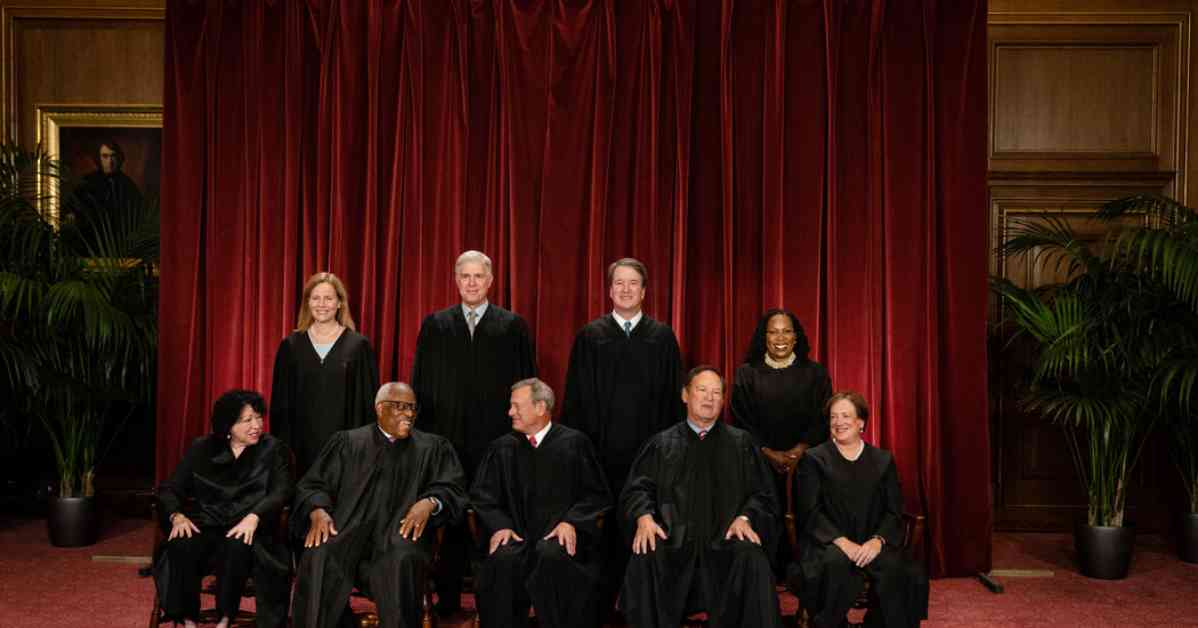The recent ruling by the conservative majority of the Supreme Court granting former President Donald J. Trump immunity for his official actions has sparked strong opposition from the liberal wing of the court. Justices Sonia Sotomayor, Elena Kagan, and Ketanji Brown Jackson vehemently dissented, arguing that the decision has elevated the president to a position above the law.
In their dissent, Justice Sotomayor expressed deep concern over the long-term implications of the ruling, stating that it creates a “law-free zone” around the president. This, she warned, could allow the president to abuse his powers without fear of consequences, potentially leading to grave consequences for the country’s democracy. She painted vivid scenarios where the president could act with impunity, such as ordering the assassination of a political rival or using his office for personal gain.
Moreover, Justice Sotomayor criticized the majority’s application of immunity to Mr. Trump’s case, noting that it heavily favored the defense while offering little support to the prosecution. She pointed out that the majority failed to clearly distinguish between official and unofficial actions, leaving room for potential abuse of power by the president.
Of particular concern to Justice Sotomayor was the majority’s refusal to rule out immunity for Mr. Trump’s involvement in efforts to overturn the 2020 election results and his role in the January 6 riot. She emphasized that prosecuting these alleged actions would not infringe on the executive branch’s authority and functions, making the majority’s decision even more troubling.
In conclusion, Justice Sotomayor expressed her dissent with a sense of urgency, stating, “With fear for our democracy, I dissent.” This powerful statement underscores the gravity of the situation and the potential consequences of expanding presidential immunity. The ruling has raised significant concerns among the liberal justices about the future of American democracy and the balance of power within the government.


















